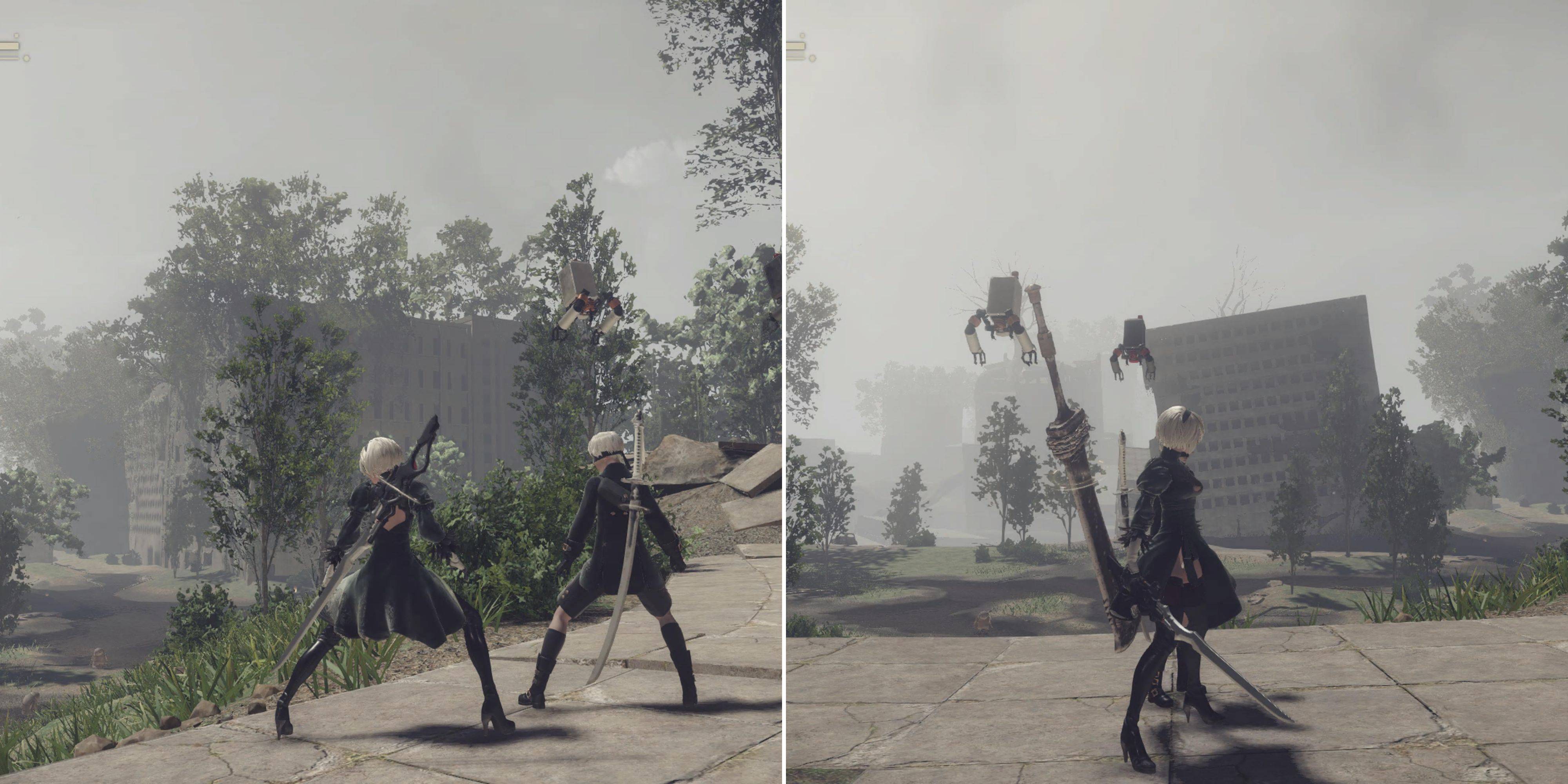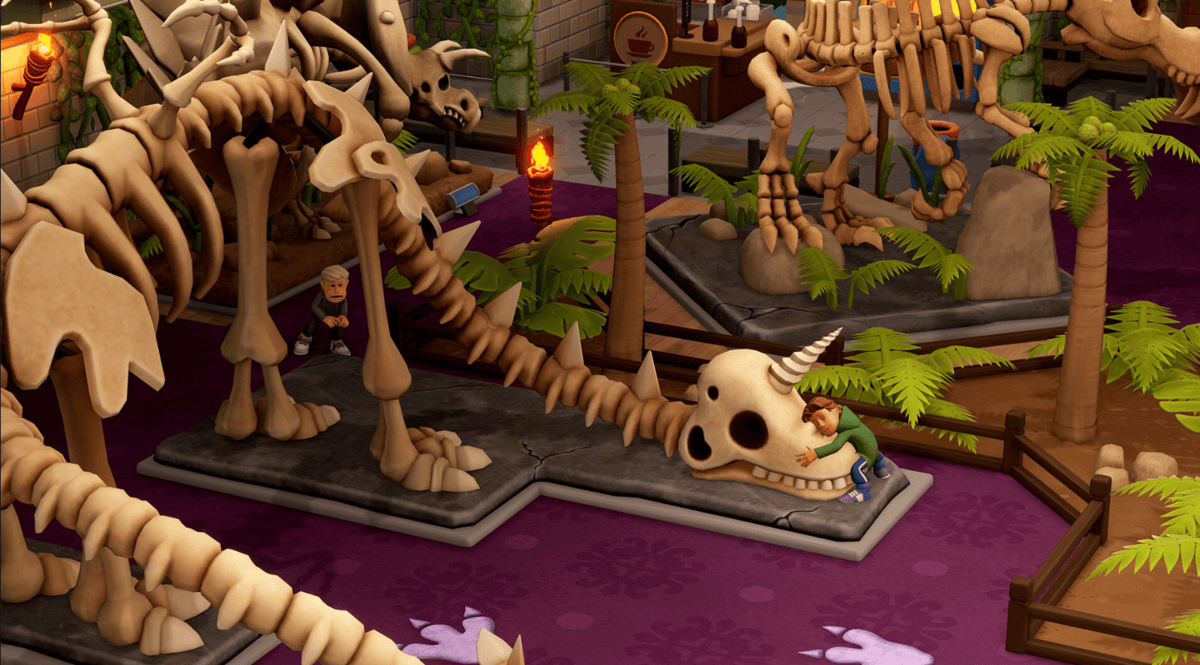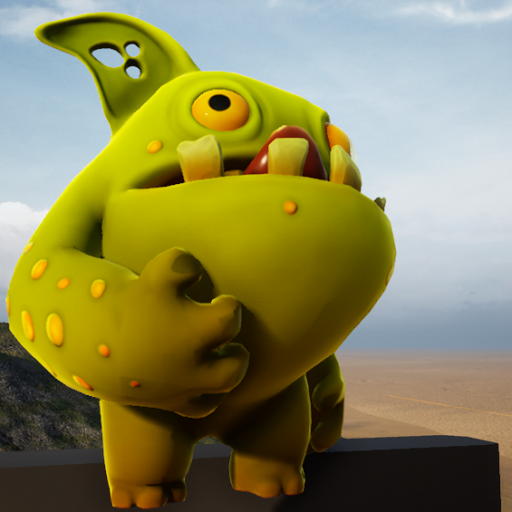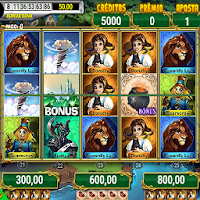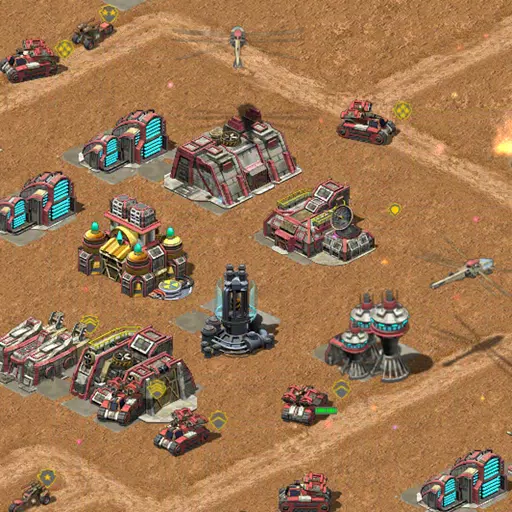Monster Hunter: Exploring Themes and Narrative Deeply
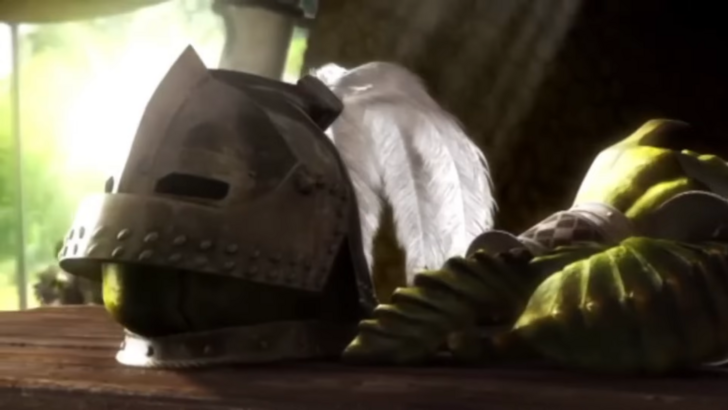
The narrative of Monster Hunter is often dismissed as an afterthought due to its seemingly straightforward nature. However, a closer examination reveals a rich tapestry of themes and stories woven throughout the series. Let's dive deep into the evolution of narratives, the themes of ecological balance, and the personal journey of the player in Monster Hunter.
← Return to Monster Hunter Wilds' main article
Evolution of Narratives in Monster Hunter
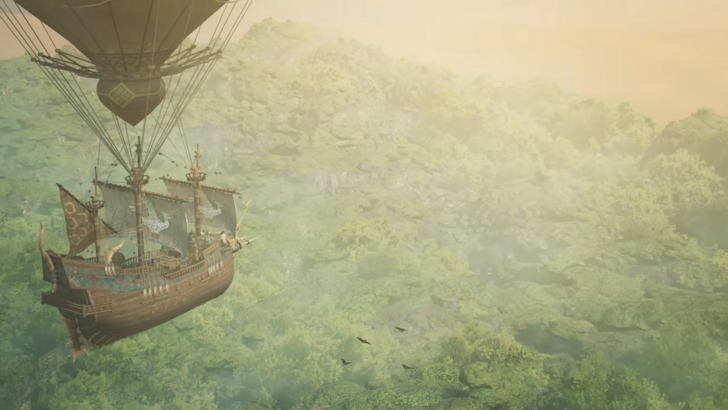
The Monster Hunter series is traditionally not known for its narrative depth, as fans often focus on the gameplay mechanics rather than the story. The game's mission-based design can make the narrative feel secondary, with the primary focus being on completing quests. Yet, beneath the surface, there's more to the story than meets the eye. Let's explore the narratives of the mainline series and uncover the layers beneath the monster-hunting facade.
How It All Starts
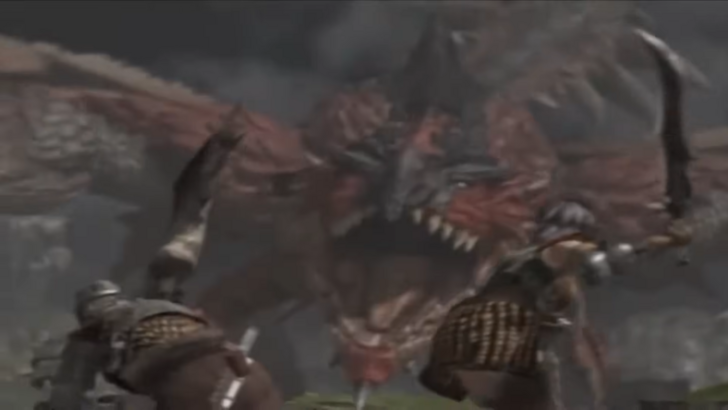
The Monster Hunter games typically follow a familiar pattern: you begin as a novice Hunter, taking quests from village elders or leaders, gradually working your way up to become the top-ranked Hunter in your village. The progression is clear—tackle increasingly formidable monsters until you face the final boss, like Fatalis in the original game. This cycle remains consistent across the series, even as newer iterations like World, Rise, and their expansions introduce more structured storytelling.
Protecting the Natural Order
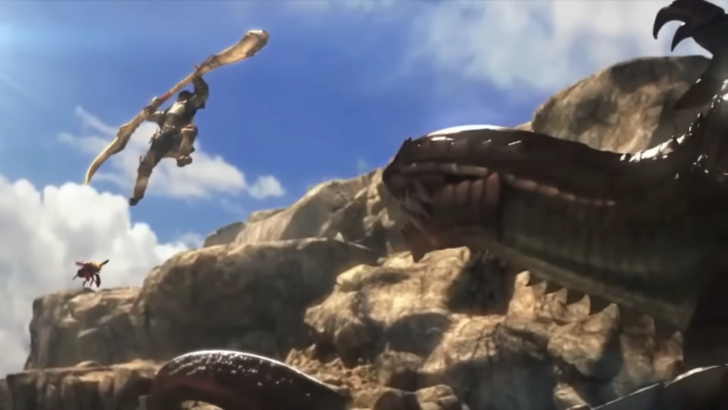
A recurring theme in Monster Hunter is the Hunter's role in maintaining ecological balance. For instance, in Monster Hunter 4, the Gore Magala's Frenzy Virus threatens the ecosystem, turning monsters aggressive and necessitating its defeat to restore balance. However, Monster Hunter: World and its expansion, Iceborne, delve deeper into this theme. The endings of these games highlight humanity's responsibility to nature, yet also underscore the need to understand and respect the natural order. The introduction of Nergigante as nature's balancer in Iceborne, and the narrative of the "Sapphire Star" in the base game, emphasize the Hunter's role as a guardian of the New World.
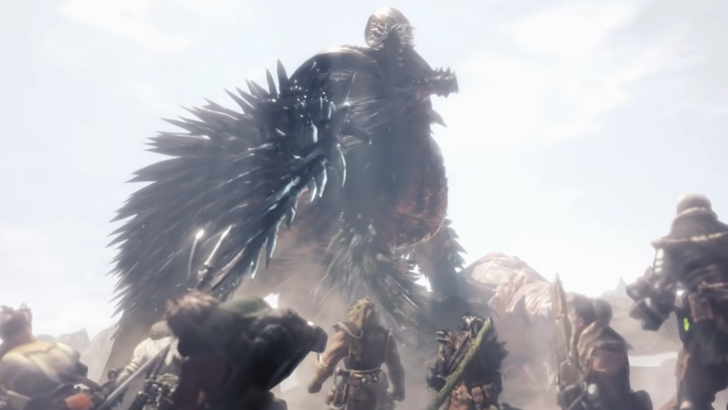
The somber tone of Iceborne's ending further reflects on humanity's place in nature, suggesting that while we may strive to protect it, nature has its own ways of surviving and thriving. This theme resonates with real-world ecological dynamics, where species adapt and evolve independently of human intervention.
Monster in the Mirror
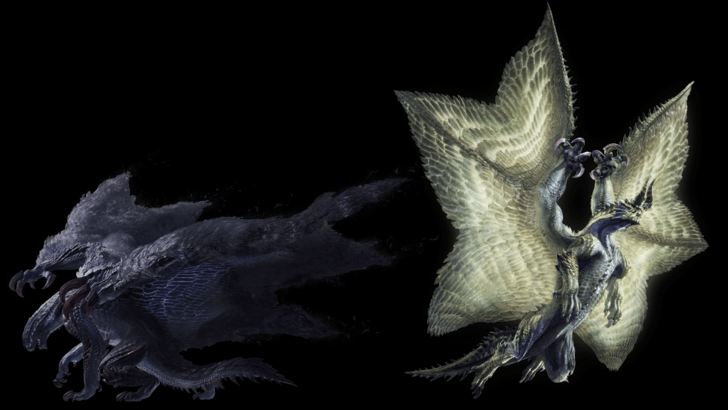
The narrative also explores the relationship between Hunters and monsters. In Monster Hunter 4, defeating the Gore Magala only leads to its transformation into the Shagaru Magala, mirroring the player's own journey of upgrading and returning for tougher challenges. This suggests a mutual learning process between Hunter and monster.
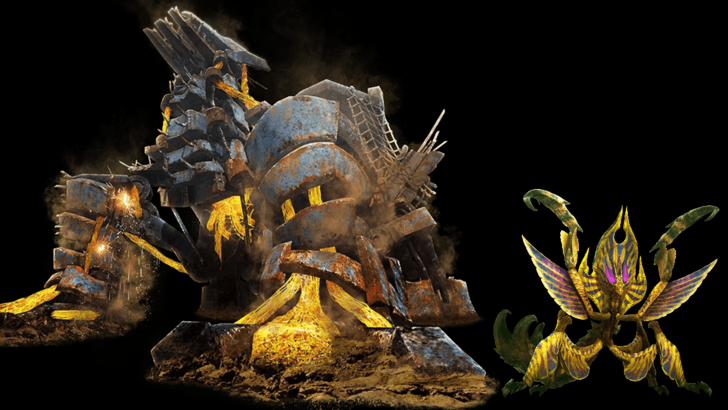
The Ahtal-Ka in Monster Hunter Generations Ultimate exemplifies this theme. Initially appearing as a non-threatening bug, it transforms into a formidable foe by piloting a mechanical creation, the Ahtal-Neset, and even using weapons similar to those of Hunters. This reflects the ingenuity and adaptability of both the monster and the player, highlighting a deeper narrative connection.
Man Versus Wilds: Your Story
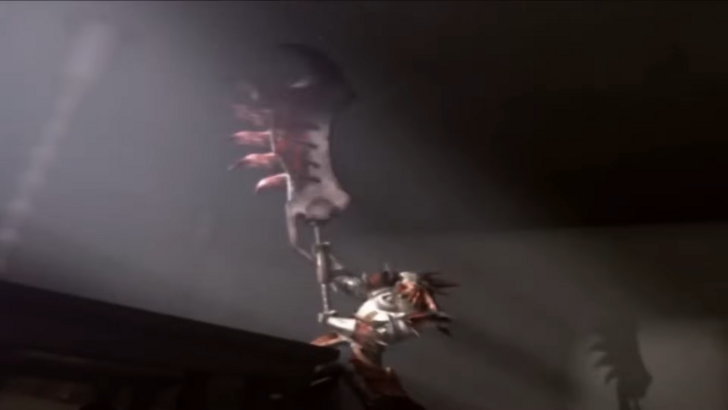
At its core, Monster Hunter is about the player's journey of growth and mastery. The series captures this through personal challenges and triumphs, much like the Souls series. The introduction of the Tigrex in Monster Hunter Freedom 2, where the player is initially overpowered and pushed off a cliff, sets the stage for a personal vendetta and a quest for improvement.
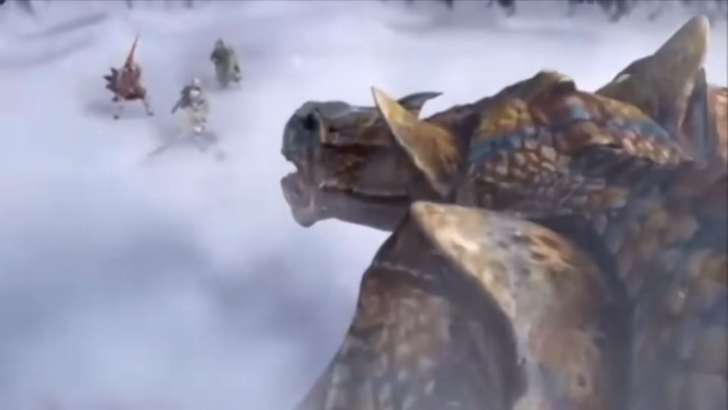
As players progress, they return to face the same challenges with newfound strength, embodying the theme of overcoming adversity. This personal narrative is what hooks players, as seen in the satisfaction of finally defeating a formidable foe like the Yian Garuga.
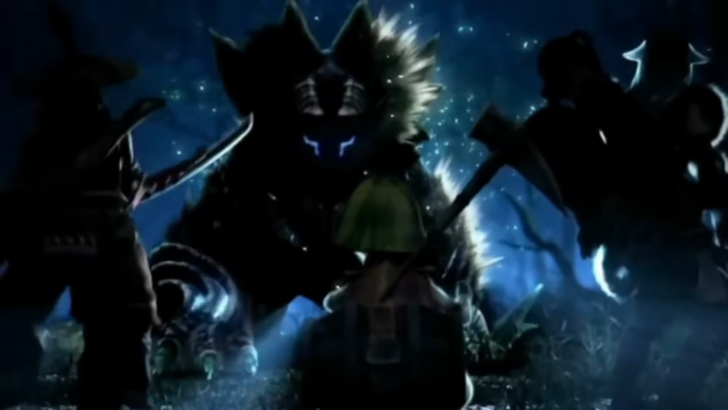
While newer games like Monster Hunter Wilds are shifting towards more explicit storytelling, the series' strength lies in its ability to weave the player's experience into a memorable narrative. The Monster Hunter franchise may not boast the most intricate plots, but it excels in creating a personal and engaging journey for each player.
Latest Articles


![1xBet [Updated]](https://imgs.yx260.com/uploads/76/1719623227667f5e3be7616.jpg)













